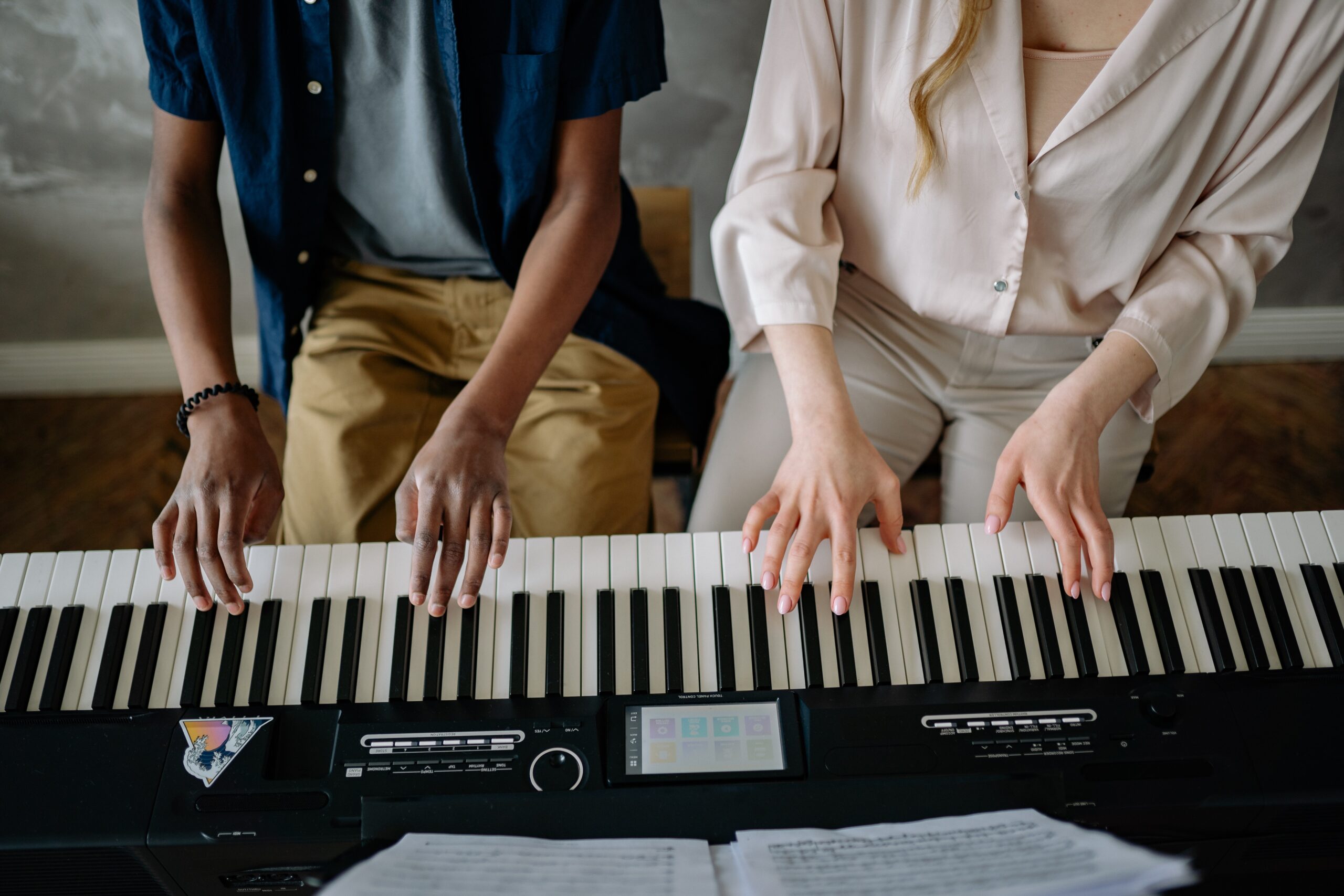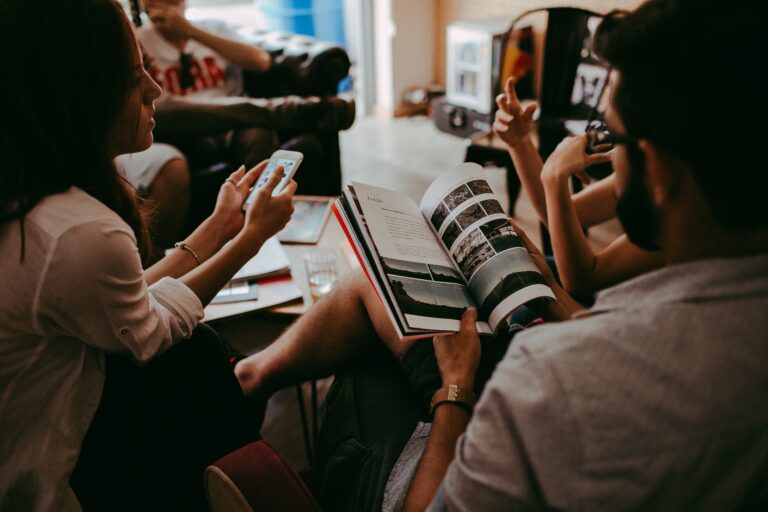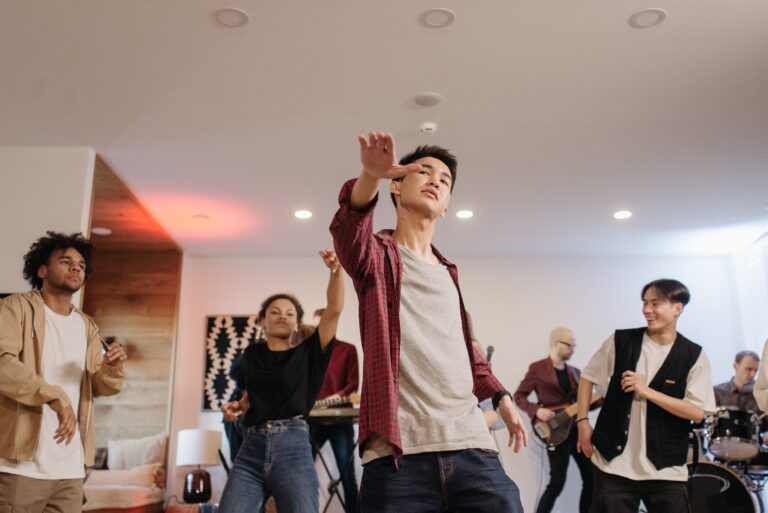Unlock a world of musical possibilities right at home by learning to play the piano. This timeless instrument isn’t just a classic cornerstone of entertainment, but it also helps enhance your cognitive skills and provides a delightful creative outlet. This guide offers a comprehensive approach to self-taught piano playing, ensuring you can build your entertainment arsenal without even stepping out of your door.
Before you begin, it’s essential to have the right tools in your arsenal. The market offers a wide variety of keyboards and pianos that cater to different skill levels and budgets. Research and choose the one that fits your needs, taking into account factors such as size, sound quality, key sensitivity, and affordability.
Once you’ve chosen your instrument, it’s time to familiarize yourself with the basics. Begin by understanding the layout of the piano keys. Learn to identify notes, octaves, and scales. A good starting point is the ‘middle C’, a reference point for learning other notes.
Playing the piano involves both hands working simultaneously but doing different tasks. To boost your hand coordination, start with simple exercises. You can use piano practice books or online resources to guide you through these initial exercises.
Understanding musical notation is crucial in your journey to learn to play the piano. Begin with the basics of reading sheet music, including understanding the grand staff, clefs, note durations, rests, and time signatures. Numerous online tutorials and mobile apps can help you master this skill at your own pace.
Learning chords is the next significant step. Chords form the backbone of most songs, and knowing how to play them can greatly expand your repertoire. Start with major and minor chords before moving on to more complex chord types like diminished or augmented.
Regular practice is the key to mastering the piano. Dedicate a specific time each day for practice. Start with short sessions and gradually increase as your stamina and skill level improve. Be patient with your progress, remembering that consistency is more important than intensity.
Listening is as important as playing when it comes to learning the piano. Regularly listen to a variety of piano music. This will not only expose you to different styles but will also help develop your musical ear.
Last but not least, don’t forget to enjoy the process. Learning the piano is as much about having fun as it is about discipline and practice. Play songs that you love and share your music with friends and family. After all, the joy of music is best when shared.
Learning to play the piano at home is a rewarding venture that adds a captivating dimension to your entertainment arsenal. It may seem daunting at first, but with the right resources and a consistent practice regimen, you’ll be playing your favorite tunes in no time. So dive in, and let the music begin!





